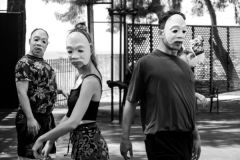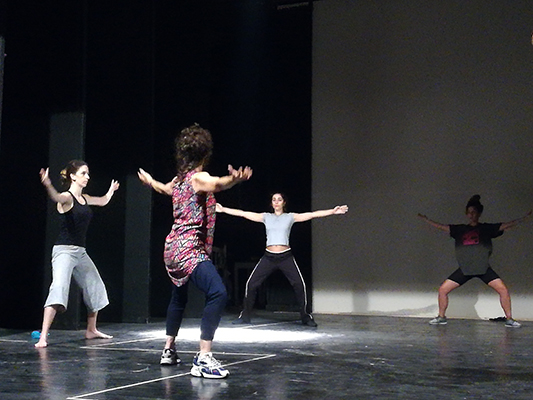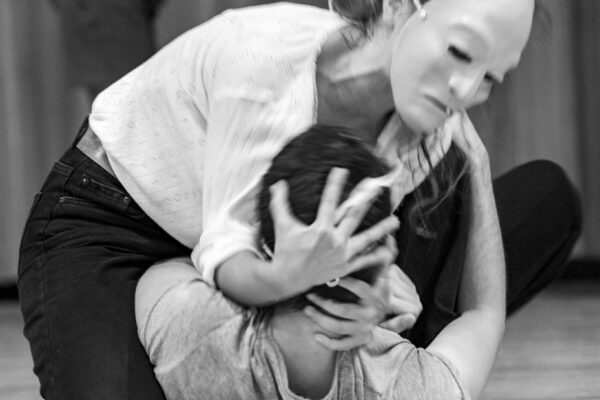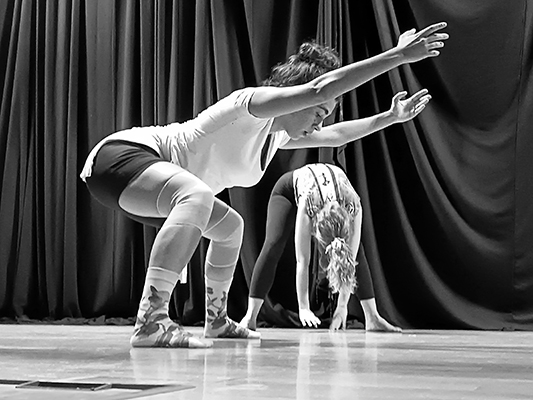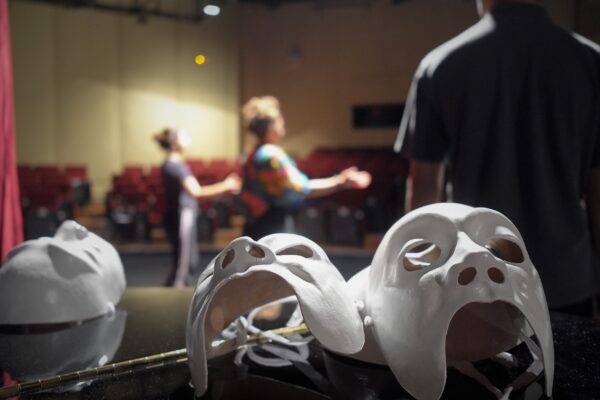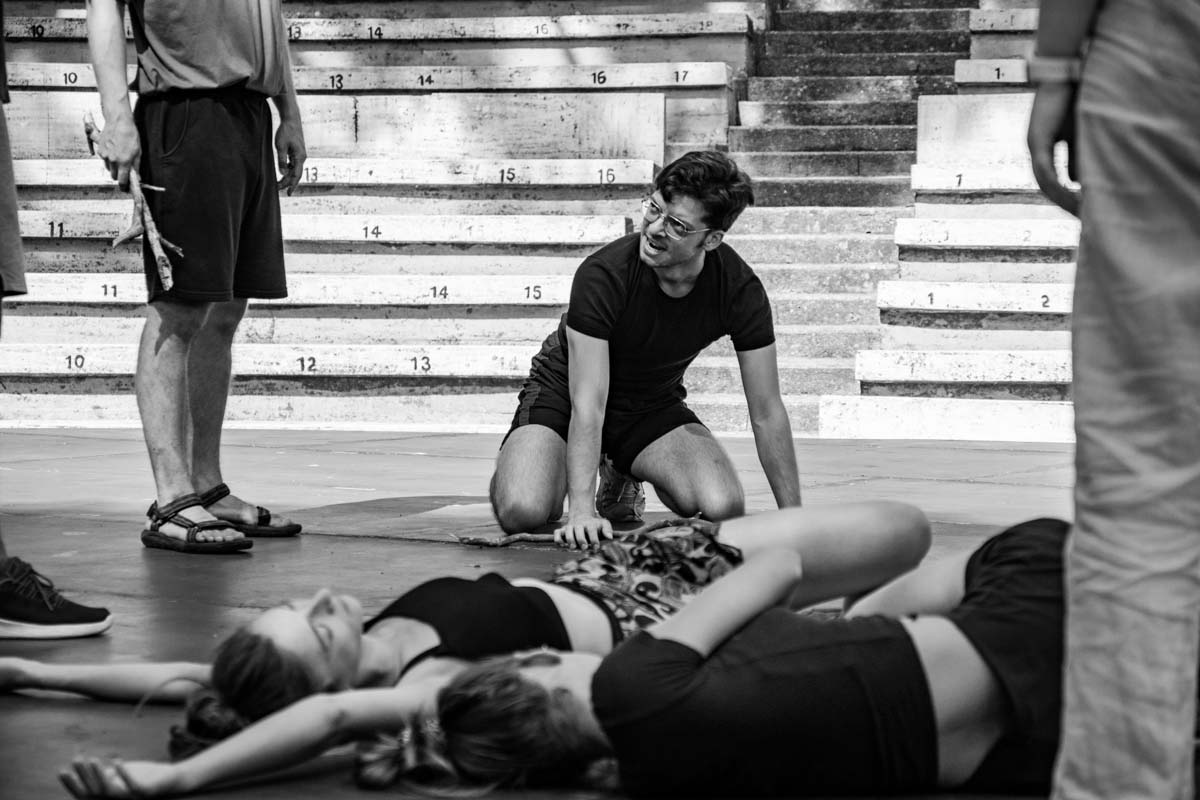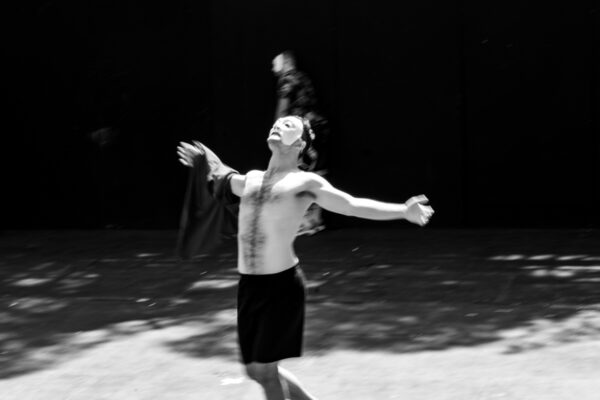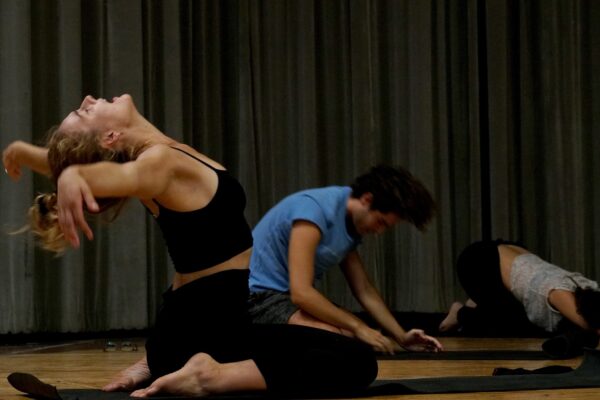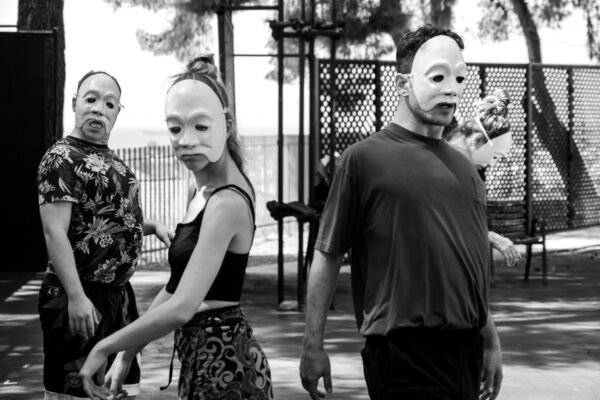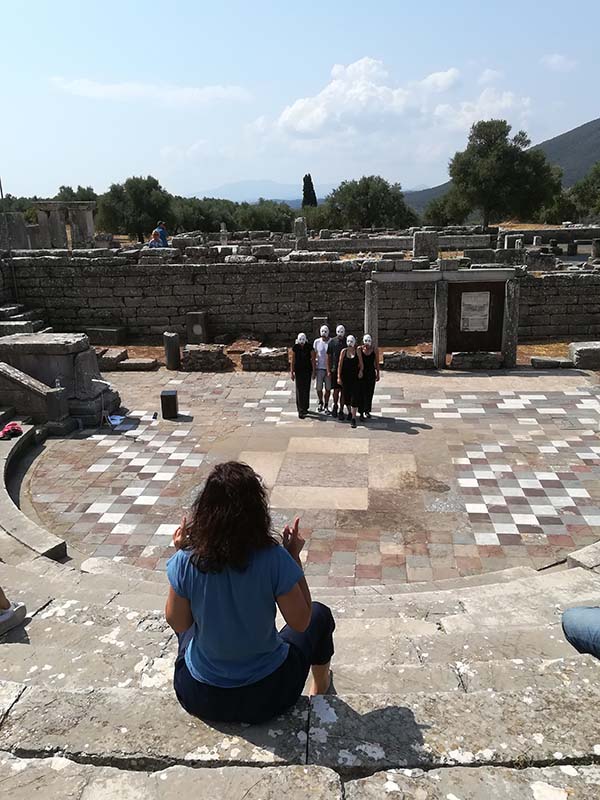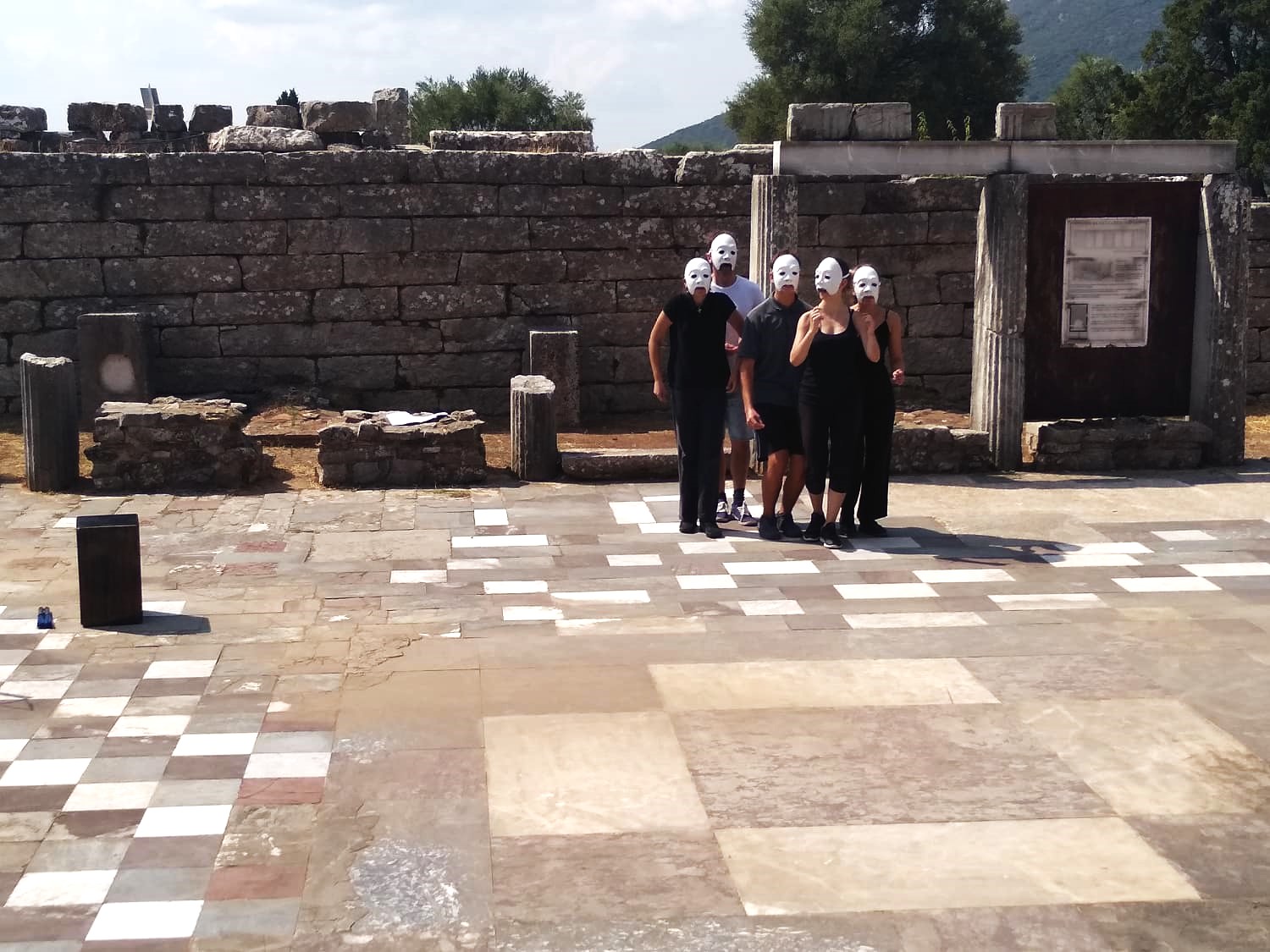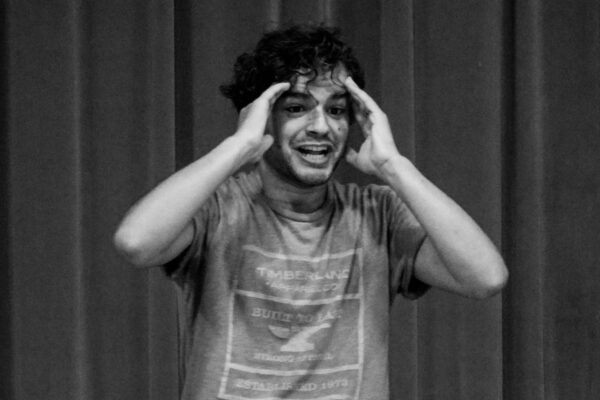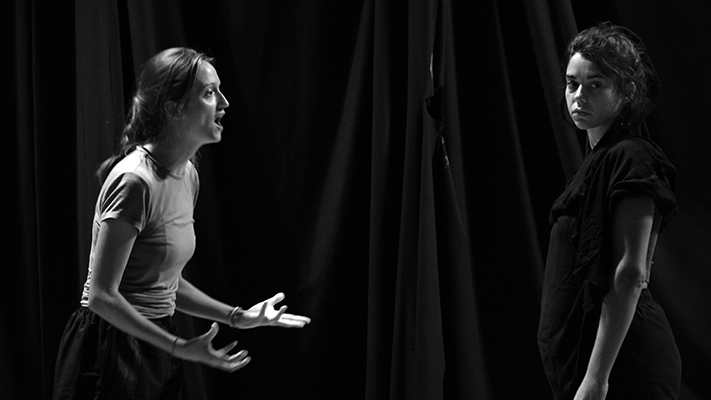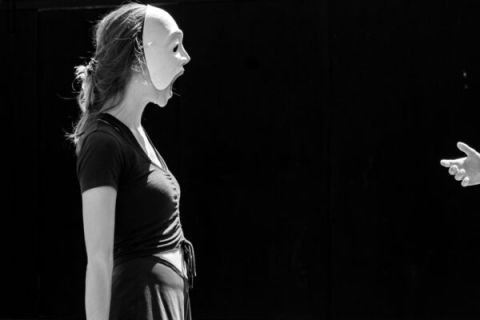
The students (optimal number in a group 8 – 12) are led by the Artistic Director of the course, who will work on interpretation directly from the text and rehearse an abridged version of a play, or a selection of scenes from different plays by Shakespeare for a showcase presentation of about 90 minutes’ duration.
Approaches to Classical Drama investigates how mask work helps the actor to focus, listen, develop an instinctual response, interpret outside of traditional convention and perform as part of an ensemble.
The programme teaches how to recognise stereotypes and received ideas and to apply observation and imagination.
Become an integral member of an ensemble which, in response to given circumstances provided by the human drama, collaboratively contributes to the world of the play.
The Physical Performance and the Vocal Performance, including verse, while focusing on the actors’ technical proficiency and professional self-discipline, link directly to the work on the showcase presentations.
WEEKS 1 & 2
The focus is on regular physical performance and vocal performance exercises, acquisition of methodology in a close approach to Shakespeare’s world, text and character in Scene Study and exercises in tuning physical and sensory faculties through the mask work, all within the framework of ensemble theatre-making.
WEEK 3
Physical Performance and Vocal Performance classes complement the rehearsals and may involve work in the open air and work with masks. Two evenings are devoted to giving students individual voice and movement feedback. The week ends with a vocal and physical workout prior to a 60-90-minute presentation of the work in Shakespeare Scene Study followed by informal feedback from teaching staff.
Written feedback from students is actively sought at the end of the course.
GROWTH THROUGH PRACTICE
Although on the Timetable the days look the same, each day is different. In Scene Study the rehearsals are progressive from day to day: new exercises are set from day to day and new scenes and monologues explored. The Movement and Voice Classes develop in complexity and in demand from day to day, complementing the Scene Study work.
Each year different plays will be chosen to explore, rehearse and perform in Scene Study. The skills’ classes complement the plays, so each year the course acquires a different tone and students may well wish to return to benefit from further development and diverse practice.
STANDARD OF THE COURSE
All classes are run by top-level practitioners, each with extensive teaching experience. A professional standard of theatre practice is maintained throughout the 3 weeks’ duration of the course: this includes stringent timekeeping, mutual respect in the workplace and encouragement to achieve best results. This is particularly important in the culturally diverse environment of the Summer School. Any student not able to rise to the ethical or professional standards set by the Summer School will be asked to leave the Course.
We aim to invite creative collaborators to benefit our students as well as inviting leading practitioners of international reputation to run specialised workshops.
AIMS OF THE COURSE
To provide a facility at an internationally recognised level for young actors to hone their skills and broaden their professional capability.
OUTCOMES OF THE COURSE
For the student, an enhanced artistic flexibility and a sense of achievement at a high level of professional practice. Encounters with tutors and students from diverse cultural, social and artistic backgrounds.
Change of outlook to theatre practice and to the world in general through the sheer experience of group participation and staying in Kalamata.
